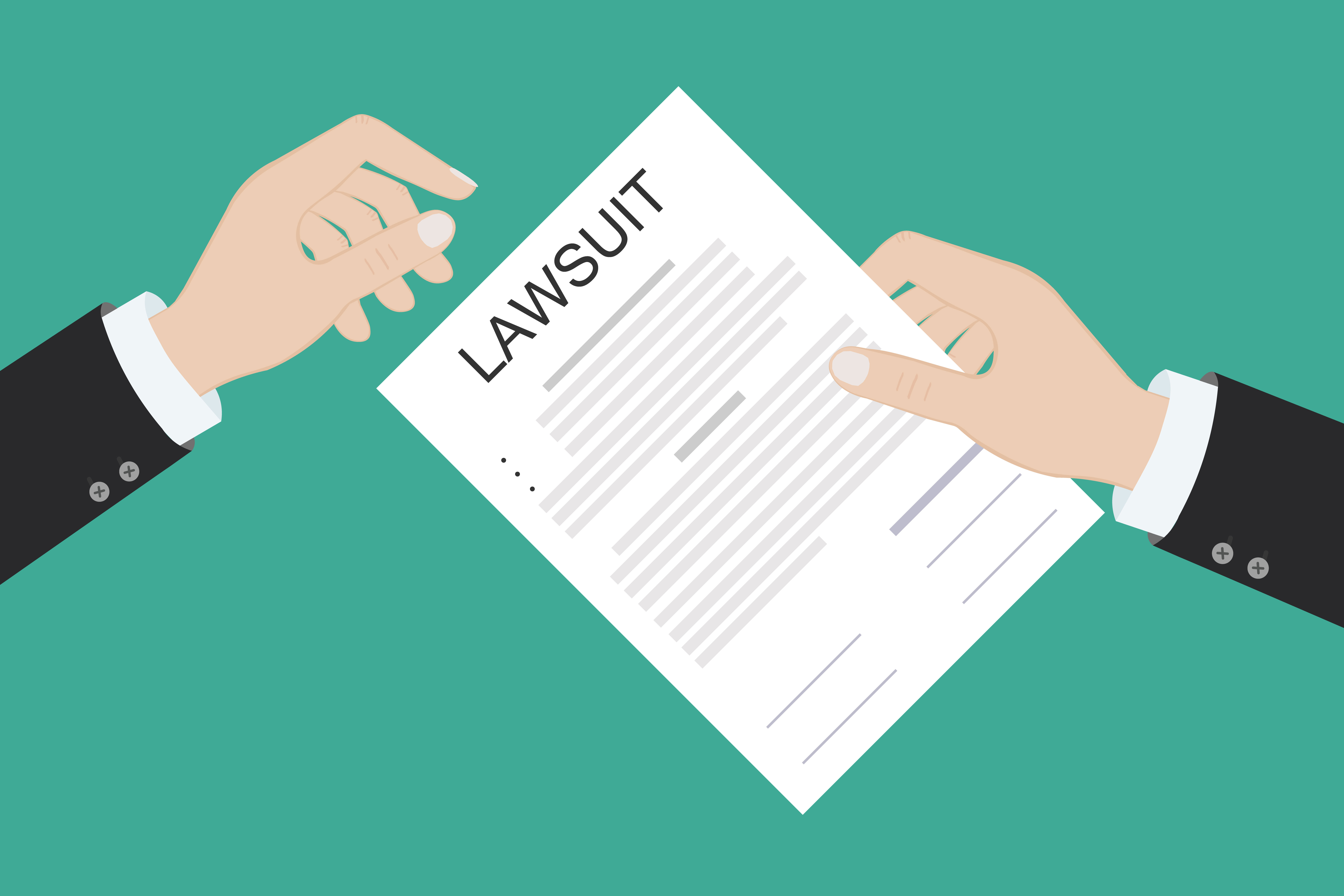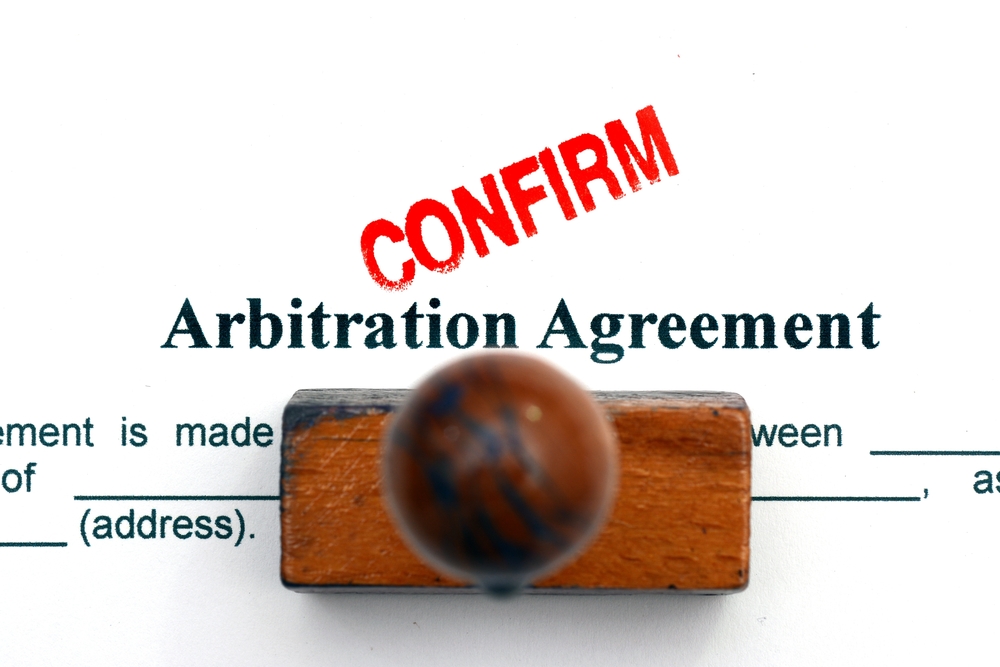Amended Complaints and the “Relation Back” Doctrine
There is a doctrine known as the “relation back” doctrine that refers to amended complaints and the statute of limitations. Assume an original complaint was filed within the applicable statute of limitations. Assume after the statute of limitations expired, an amended complaint is asserted with new claims. Do the new claims in the amended complaint RELATE BACK to the original complaint so that the new claims are deemed filed within the statute of limitations? The recent opinion in Mitchell v. Applebee’s Services, Inc., 44 Fla. L. Weekly D2443a (Fla. 1st DCA 2019) explains Florida’s liberal policy in answering this question: Whether...
Continue reading













